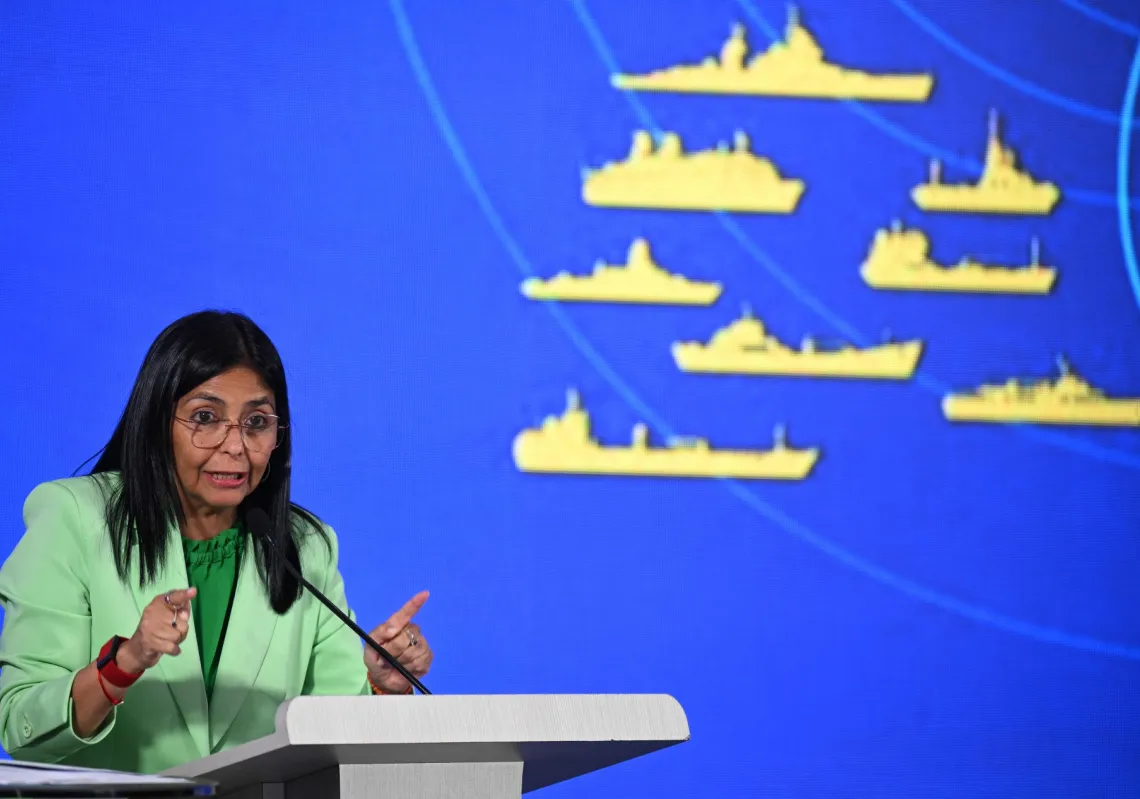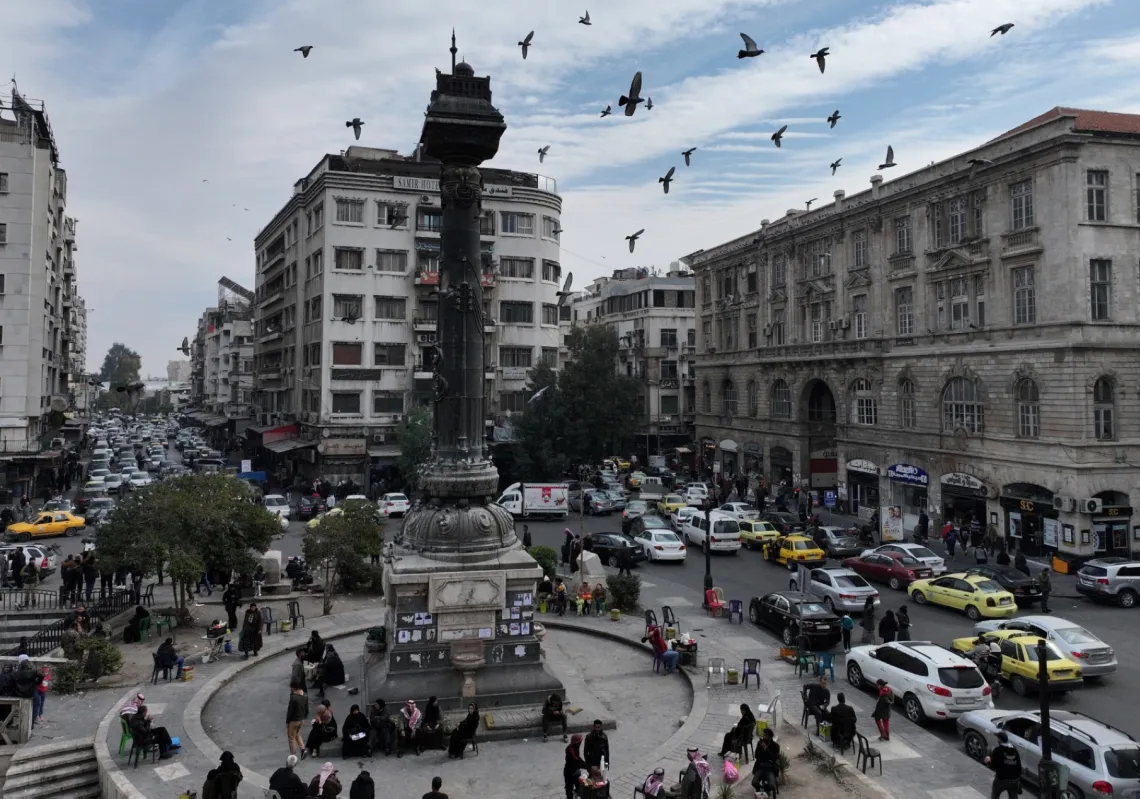On 9 June 2010, the UN Security Council (UNSC) voted with 12 votes in favor, two against and one abstention to adopt a fourth round of sanctions against Iran in response to Tehran’s continued pursuit of sensitive nuclear activities. Surprisingly, the two negative votes came from Brazil and Turkey rather than China and Russia.
The decision of these two veto-wielding UNSC members to vote in favor of the latest sanctions resolution was by no means certain. For months, both Beijing and Moscow had expressed unease about imposing yet more sanctions on Iran given that the previous ones had failed to modify its policies. Despite years of unilateral and multinational sanctions, as well as protracted negotiations and exhortations by many world leaders, the Iranian government has adamantly sought to develop the capacity to enrich uranium in Iran, without direct foreign assistance. Before imposing sanctions, the UNSC had adopted several resolutions calling on Iran to cease uranium enrichment and provide the International Atomic Energy Agency (IAEA) additional information about its earlier nuclear activities, which could be interpreted as seeking the capacity to develop a nuclear weapon.
Although neither Beijing nor Moscow want Tehran to acquire nuclear weapons, both China and Russia have important economic interests at stake in Iran related to energy and arms. Before last year’s slowdown, trade between China and Iran has been growing by 30 percent annually, amounting to $27 billion in 2008. China regularly obtains 10-15 percent of all its imported oil from Iran, while Chinese firms have become significant investors in Iran’s energy industry. Chinese exports to Iran include motor vehicles, textiles and consumer goods, as well as machinery and equipment. Iran also purchases some Chinese weapons, especially missiles, and is interested in buying many more. Russia is one of Iran’s main weapons suppliers, and Russian firms have assumed a prominent role in helping to develop Iran’s civilian energy industry, including in the nuclear power sector. Russian consumers buy many Iranian products, while Russian diplomats appreciate the lack of Iranian support for the Islamist terrorist groups active in Russia’s North Caucasus.
In the UNSC, Chinese and Russian diplomats have repeatedly sought to soften measures punishing Iran for its illicit nuclear activities, especially those that might constrain their energy collaboration with Iran on projects unrelated to nuclear power. In addition, they have consistently defended Tehran’s right to pursue nuclear activities for peaceful purposes, such as civilian energy production. Thanks to hard bargaining, they have managed to exempt their main economic interests regarding Iran from each round of economic sanctions. During the George W. Bush administration, they would accept only the minimum sanctions necessary to avert a possible US military attack on Iran, which could have precipitated adverse changes in the regional security environment.
Since Barack Obama was elected American president, the Chinese and Russian governments have supported punishments partly in response to US diplomatic pressure, supplemented by lobbying by other NATO countries. For its part, the Obama administration has accepted weaker measures than the “crippling” sanctions originally sought in order to provide sufficient cover for EU governments to adopt their own stricter sanctions. But Chinese and Russian officials have also shown increasing irritation at the stubborn refusal of the Iranian government to suspend its nuclear enrichment program as a prerequisite to a diplomatic settlement, which has therefore remained elusive. Whereas previously they might blame Bush administration threats for impeding diplomatic progress and encouraging Iranians to consider nuclear options to guarantee their security, they have now come to hold the Ahmadinejad regime—its obstinacy and the continuing revelations about Iran’s suspicious nuclear activities—responsible for the continuing crisis.
The change in the Chinese and Russian positions became evident in June when they decided that the Shanghai Cooperation Organization, which they co-lead, cannot admit Iran as a full member as long as it is under UN sanctions. Beijing acted despite the obvious temptation to use Iranian ties as a means to retaliate for the US decision to keep selling sophisticated arms to Taiwan. Even more remarkable, the Russian government has announced that the latest round of sanctions prohibit it from providing Iran with its long-sought S-300 air defense missiles. These decisions were subjective interpretations of their UN obligations rather than obligatory requirements. The most recent Security Council resolution, like its predecessors, relies heavily on voluntary enforcement measures. In effect, China and Russia are punishing Iran more than is minimally necessary to comply with UN resolutions, which they in any case could have vetoed.
Ten years ago, Washington was leading the charge against Iran’s nuclear activities largely alone. Subsequent years of frustrating negotiations with Tehran over its nuclear program led European governments to adopt a sterner stance toward Iran. Now China and Russia, while defending their energy interests in Iran, have declined to protect Tehran. Its main friends are now Brazil and Turkey. These countries are important emerging powers but, as shown by the failure of their recent mediation efforts, they are clearly lacking the diplomatic weight, including the right to veto UNSC resolutions, to compensate for Iran’s growing list of alienated partners.
Richard Weitz - Senior Fellow and Director, Center for Political-Military Analysis at the Hudson Institute, Washington DC








